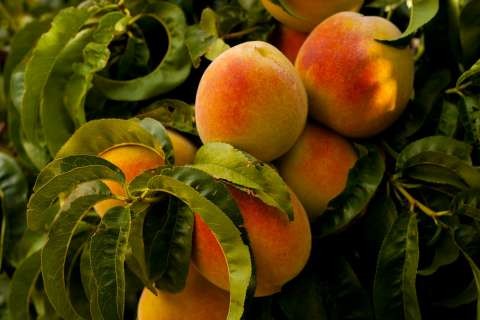Greater Shepparton City Council Mayor, Councillor Shane Sali, supports Fruit Growers Victoria's (FGV) push to have key recommendations from the senate inquiry into poor supermarket pricing conduct implemented now.

In Summary
- Greater Shepparton City Council Mayor, Cr Shane Sali, supports Fruit Growers Victoria's call for immediate implementation of key recommendations from the senate inquiry into supermarket pricing conduct.
- Cr Sali emphasises the need for mandatory enforcement of the Food and Grocery Code of Conduct to prevent unsustainable practices that harm fruit growers.
- The recommendations include increased ACCC power and resources, enhanced price transparency, and a crackdown on poor supermarket behaviour to support the agricultural sector.
- The fruit industry is crucial to Greater Shepparton's economy, contributing significantly to employment and related industries, underscoring the importance of supporting local growers for the region's long-term viability.
Cr Sali said the call from FGV Chairman Mitch McNab for Parliament to get on with the task of reigning in bad behaviour from supermarkets needs to be taken seriously.
"Growers cannot continue to grow fruit below cost of production. It is not sustainable for a business of any sort. It is time for the Food and Grocery Code of Conduct to be made mandatory," he said.
"FGV has advocated for some of the key recommendations in this report to be implemented including more power and resources for ACCC to monitor supply chains, price transparency, and a crack-down on poor supermarket behaviour.
"Our region has been built on agriculture and it forms an important part of our economy with the majority of pears grown in Australia being from Greater Shepparton. The fruit industry supports a range of other industries including agricultural machinery and equipment, farm supplies and transport."
According to the National Farmers Federation, for every dollar of value the horticulture industry generates, an additional 27.6 cents is injected into the Australian economy. For every 100 jobs that exist in Australian horticulture, 21 more jobs are created in sectors such as wholesale trade, retail, transport and construction.[1]
"These recommendations need to be supported to ensure the long-term viability of our local growers and our region, and to maintain our status as the Food Bowl of Australia," Cr Sali said.
[1]https://nff.org.au/media-release/horticulture-lifting-heavy-in-pursuit-of-100-billion/#:~:text=For%20every%20dollar%20of%20value,%2C%20retail%2C%20transport%20and%20construction.






